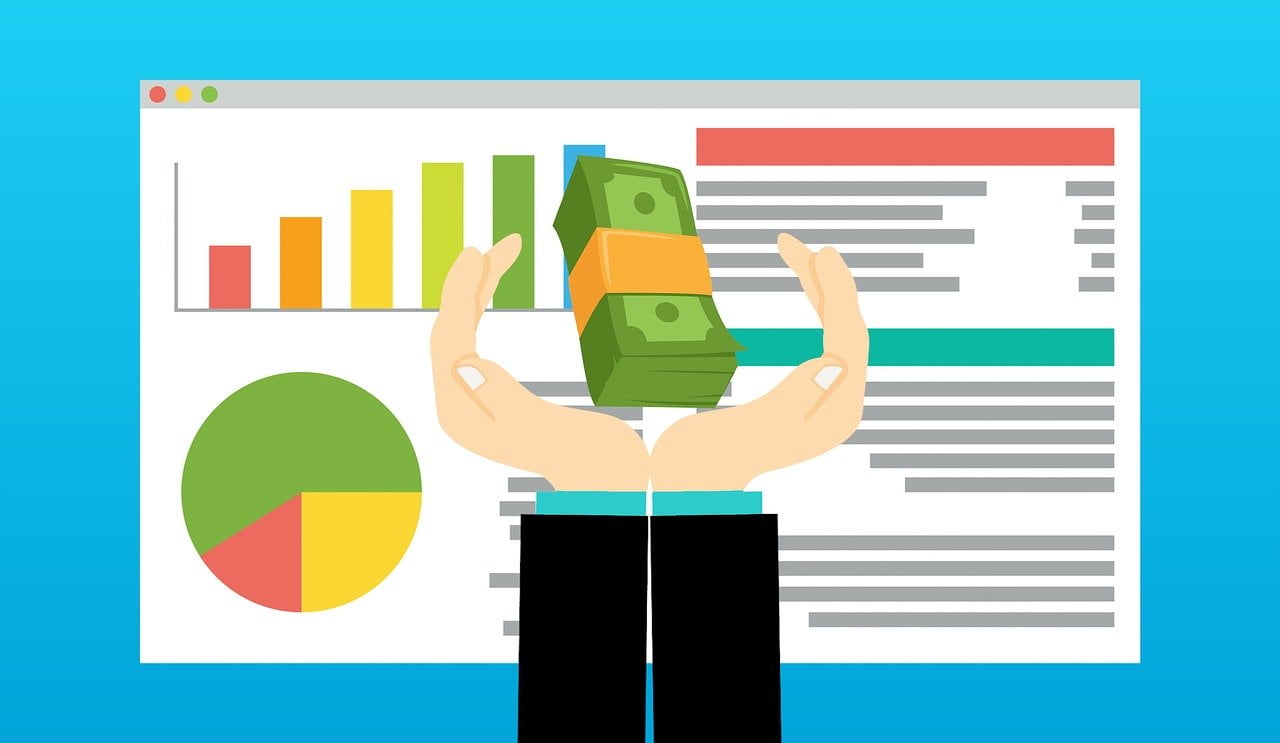This comment on Melvin Capital was submitted by a smart colleague of ours who wishes to remain anonymous.
I’ve been doing some reading, and Melvin Capital’s ADV showed $11 billion in regulatory capital, while its SEC filings show 80 long positions with a market value of $20 million. That looks to me like a 160% long exposure, which is a meaty, leveraged book.
Q4 2020 hedge fund letters, conferences and more
I don't know the short side and am unfamiliar with the manager's historical exposures, but I assume they keep their position sizes small at 1%.
Melvin Capital's 1% Position In GameStop
A 1% position taken in GameStop in the fall, when the stock crept up to $20, would imply a $110 million position or 550,000 shares. At the time, the stock had a float of about 45 million shares and a daily average volume of 4 million to 5 million shares a day.
Locating and selling 550,000 shares in the fall would have been challenging. I imagine you would be very visible in the marketplace by selling, and there are other hedge funds doing the same thing, so selling pressure and borrowing shares would have been tough, especially as the stock was creeping up against you.
Then, low and behold, the price goes to $40. At $40, your position has lost 50%. (i.e., you bought at $40 and sold at $20 = -50%).
What trader takes a 50% loss on a position and doesn't trim it? Simple risk management procedures would suggest that, at 50%, your thesis is wrong, and you would cut or close the position.
Nope - not here.
Loss On A Position
Then, the position goes to $100. At $100, you have lost $80 per share (80 x 550,000 = or $450 million), and $450 million on an $11 billion portfolio is 4%.
As we know, that position went to $400. At $400, the loss is $380/share or $2 billion or about 20%.
Now, they are reported to be down 30%. They will lose investors. They are below a high water mark. And, they have dented their reputation.
On one hand, they are aggressive traders - which I think people like.
On the other hand, when your making 2 and 20 and you have a 32 person firm, at some point, keeping the assets and scoring an S&P return is more lucrative than aiming to outperform the markets by 10-12%. That is difficult to do.
Fee's of 2% on 12 B are 240m! without a performance fee. You do that for a couple years, dont rock the boat and lose investors, and you are through in 5 years.
As it stands, this dude has made a TON. I imagine you are right, he will 'close up' and become a family office.






